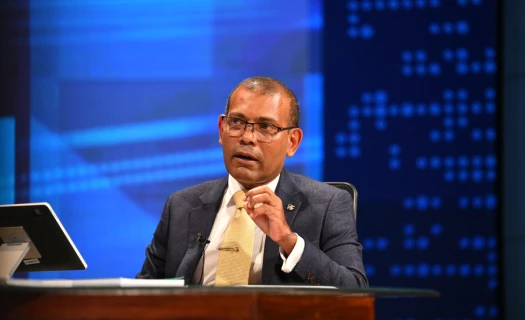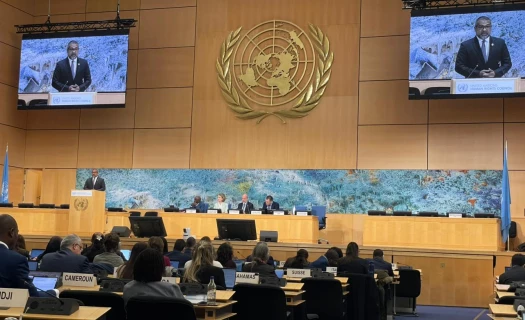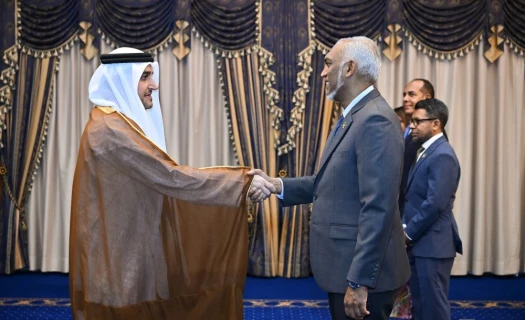Calls intensify to revoke allowance for former parliamentarians amid surge in membership

Social media has become an increasingly influential platform for public discourse, with calls intensifying for the revocation of allowances provided to former parliamentarians by the government.
This contentious issue has sparked widespread debate, as critics argue that the current system places a considerable strain on government finances and exacerbates socioeconomic disparities.
Among those voicing opposition to the allowances is Ahmed Faris Maumoon, a former parliamentarian representing Dhiggaru Constituency, who has articulated several compelling reasons for their abolition.
One of the primary concerns raised by Faris is that the availability of generous allowances for former lawmakers may incentivize individuals to seek parliamentary positions primarily for the financial benefits they offer, rather than a genuine commitment to public service.
As the government grapples with budgetary constraints and competing priorities, allocating funds for former lawmakers' allowances has come under increasing scrutiny.
Critics contend that this allocation could be better utilized to address pressing issues such as healthcare, education, and infrastructure development, rather than providing additional financial benefits to individuals who have already served in parliament.
Furthermore, there is growing unease over the disparity between the earnings of former lawmakers and those of ordinary citizens.
While parliamentarians receive substantial allowances based on their length of service, many members of the public struggle to make ends meet and face economic hardship.
This stark contrast has fueled resentment and prompted calls for a more equitable distribution of resources.
Despite the vocal opposition to these allowances, the regulations governing them remain in place.
Amidst growing discontent on social media over the perceived inequity and sustainability of the current allowance system, regulations dictate that individuals who have served one term in parliament receive 30 percent of a sitting parliamentarian's salary, while those who have served two terms receive 45 percent.
As per the Constitution, these allowances are disbursed to former lawmakers once they conclude their parliamentary tenure and reach the age of 55.
However, the allowance is terminated if the former lawmaker assumes another State position.
Despite the provision for health treatments under the parliamentary insurance scheme, public debate rages on regarding the fairness and necessity of these allowances.
As the nation transitions to the 20th parliamentary term, with many new faces entering the political arena, there is an opportunity to revisit and reassess existing policies.
Whether the allowances for former parliamentarians will undergo substantive reform remains to be seen, but one thing is clear: the debate surrounding this issue is far from over.














